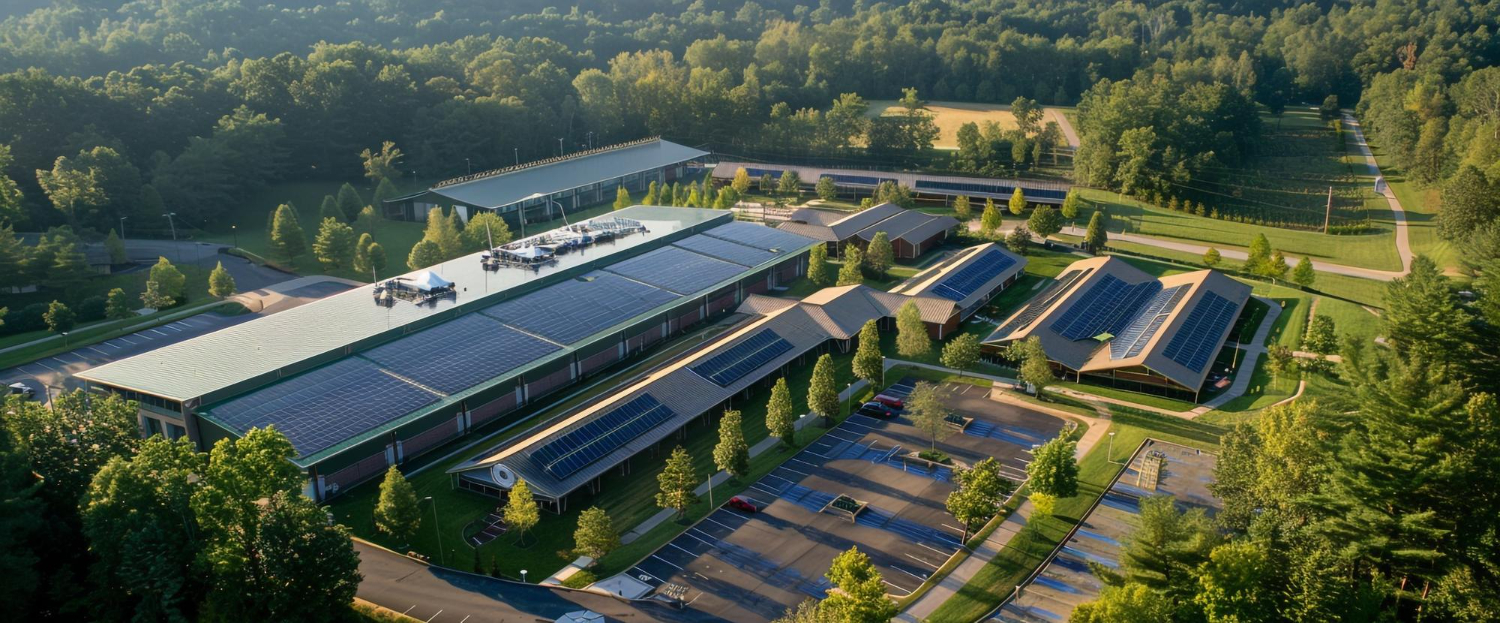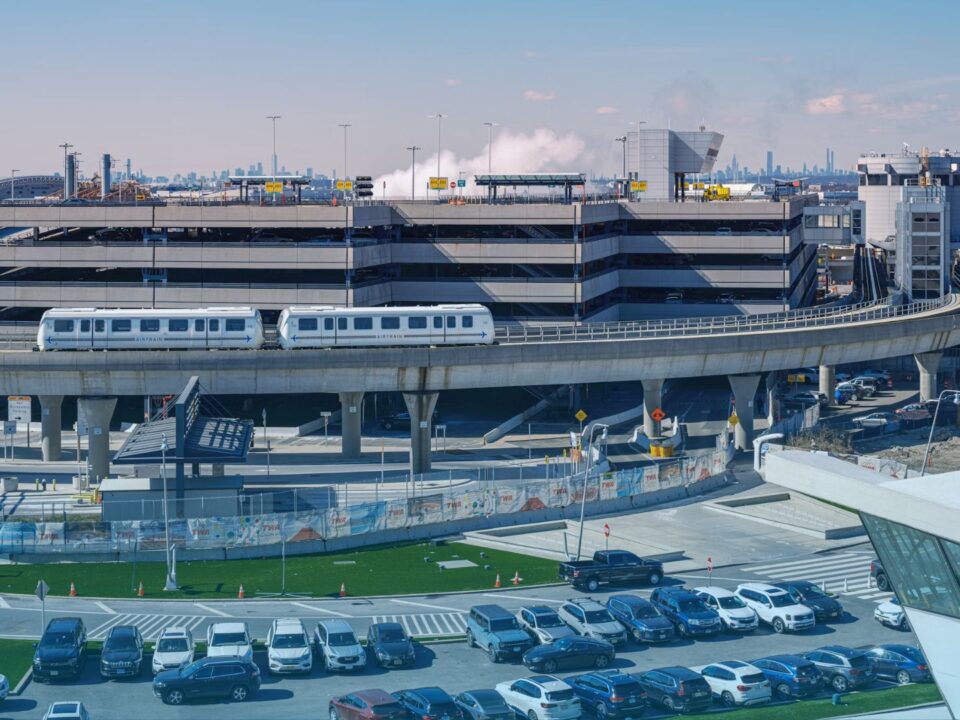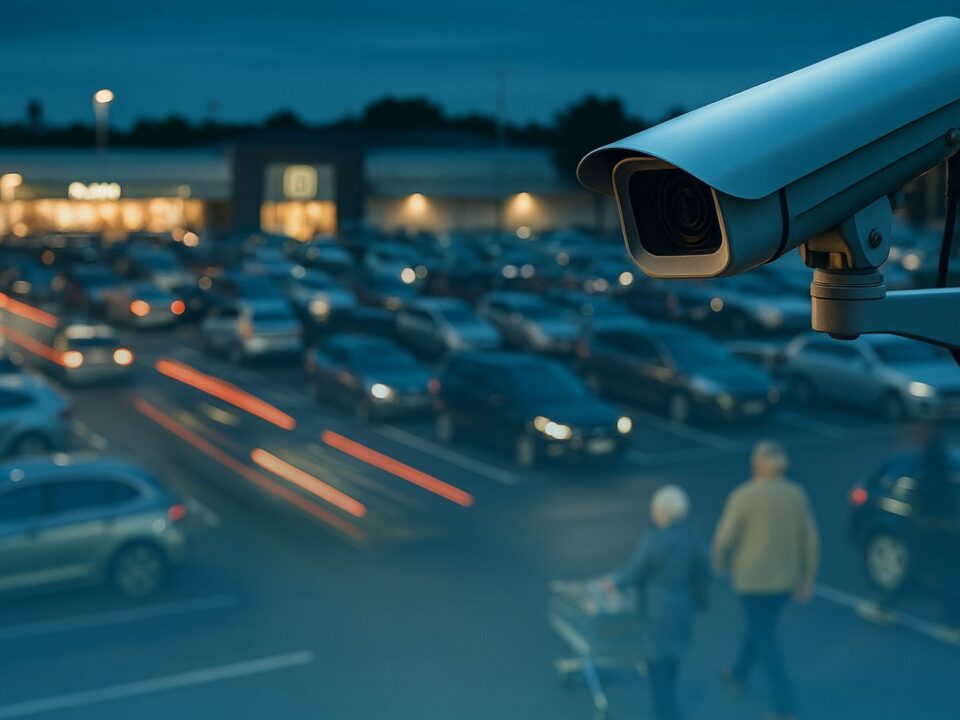What does ESG have to do with your car park?

Part 5. “We’re not sure everyone will agree”
17/07/2025
The 5 minute stop that costs you all day
20/08/2025Inspired by APCOA’s 2024 ESG Report, this is a practical guide to what Environment, Social and Governance actually means in car parks - and why it’s shaping the way we work at Park & Control.
You’re running a car park.
You want to keep it fair, keep it calm, and stop it becoming a problem. Maybe you’re a GP practice manager. Maybe you’re on a housing association committee. Maybe you run a community hall, a church, or a shop.
You’re not thinking about global emissions targets. Or social policy. Or governance frameworks.
You just want the parking to work.
So here’s something that might surprise you: you’re already engaging with ESG.
Even if you’ve never heard the acronym before. Even if it sounds like something a multinational consultancy came up with during a branding workshop.
Because ESG - short for Environmental, Social and Governance - isn’t a theory. It’s a lens. And whether you realise it or not, it’s starting to shape the way car parks like yours are being managed, measured, and maintained.

What actually is ESG?
Let’s take it one piece at a time.
Environmental responsibility - how do we reduce emissions, waste, or energy usage?
Social value - how do we support the people the space is actually for?
Governance - how do we make sure the system is fair, transparent, and earns people’s trust?
That’s it. Three questions. Three priorities.
And earlier this year, APCOA - Park & Control’s parent company - published its 2024 ESG report. It laid out exactly how those principles are being put into practice across 12 countries, 1.5 million parking spaces, 30 airports, and thousands of towns and cities.
So why are we writing about it here?
Because what happens at the top of the group is also shaping what we do at Park & Control - especially on the small, complex sites we manage for clinics, care homes, housing blocks, shops, and small businesses across the UK.
And we think that’s worth talking about.
Let's start with the E - and why environment doesn't just mean electric vehicles
When people hear “environmental impact,” they think of things like fuel consumption or renewable energy.
And yes, those things matter. In fact, APCOA has already electrified 35% of its fleet and cut total emissions by 35% in the past year alone.
But environment doesn’t always show up as a headline. Sometimes, it shows up in the small stuff.
Solar-powered pay stations. Recycled sign plates. LED lighting that only activates when it’s needed. Barrier-free ANPR systems that don’t require moving parts or idling engines. Sites that don’t need regular patrols - because the design works, and people understand the rules.
These are the kinds of changes that have been happening gradually at Park & Control.
And they’re not just about carbon. They’re about clarity. Longevity. Simplicity.
Because a system that works cleanly is often the one that also works best.

Then there's the S - and this is where things get human
Most of the sites we manage are not massive.
They don’t need a multistorey car park management strategy. They just need the chaos to stop.
A visitor who can't find a space because commuters keep parking there. A disabled bay blocked by someone who “just nipped in for lunch.” A staff member arriving 15 minutes early for their shift but circling for 20 trying to park.
These aren’t theoretical problems. They’re lived ones. And solving them - fairly - is where social value begins.
We don’t think of ourselves as social reformers. But when we help restore access, reduce conflict, and keep things running as intended, we’re doing something that goes beyond enforcement.
We’re making the site feel safe. Predictable. Considered.
That’s what the “S” in ESG looks like on the ground.
And it works best when it’s backed up by the “G”.
G stands for Governance - but what it really means is trust
Governance gets a bad rap. It sounds formal. Bureaucratic. Distant.
But at its core, governance is simple: can people trust how the system works?
That means signage that’s easy to understand. Payment systems that don’t confuse or exclude. Rules that are reasonable, clearly displayed, and evenly applied.
It also means that if someone receives a PCN, they know exactly why - and they know how to appeal if they believe there’s been a mistake.
Governance is the part of ESG that protects both sides. It ensures we’re not making up rules as we go. It ensures the evidence is robust, and the process is accountable. It ensures your car park isn’t just legally compliant - but ethically consistent.
At Park & Control, we operate within APCOA’s wider framework - one of the most mature governance structures in the industry. That gives us the tools and the systems to act responsibly, document thoroughly, and handle data securely.
And it means when we say a car park is being well managed, we can show what that looks like - and how it holds up to scrutiny.
Sustainable Parking Solutions
So why does any of this matter to you?
Because ESG isn’t just for investors or regulators.
It’s for landlords who want a car park that works without provoking complaints. For practices that want fewer missed appointments. For housing managers who want to protect resident bays from misuse - without triggering a flood of angry emails.
The 2024 APCOA ESG Report shows what these principles look like at scale.
This blog? It’s about what they look like at street level.
Solar-powered systems. Recycled signs. No idling. Less stress. Clearer rules. Safer access. Fewer complaints.
That’s not a dream list - it’s the direction we’re already moving in.
And the more we embed those principles, the more those little car parks behind surgeries, flats, shops, and community centres can become models of something better.
Better for the site. Better for the users. Better for the people trying to keep everything running smoothly.
And if all that sounds like ESG… well, now you know what it means.




